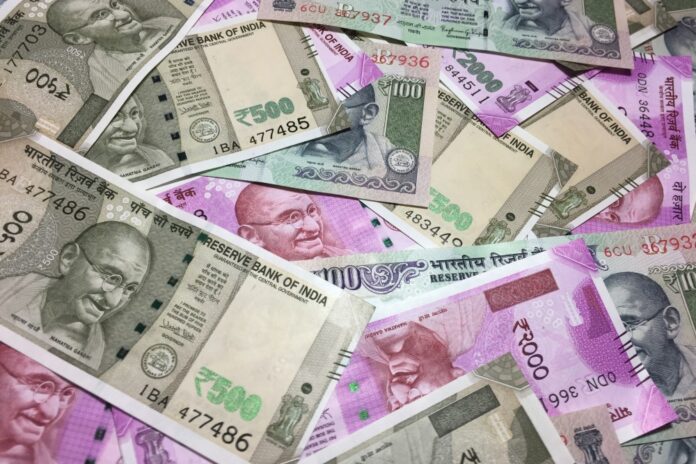The company is staggering under the weight of $27 billion gross debt. This intervention prevents its collapse, but long-term prospects are little improved.
Bloomberg reports that Vodafone Idea’s board has approved a rescue plan put forward by the Indian government by which the operator will convert some payments due to the Indian exchequer into equity, giving an almost 36% stake to the Indian government. This makes the Indian government the largest shareholder in the country’s third largest phone operator.
Existing shareholders, including the founders, will have their shareholding diluted: Vodafone Group Plc will own around 28.5% and Aditya Birla Group will have about 17.8% in the company after the conversion, according to the plan approved by the board.
An Indian government representative declined to comment.
Desperate measures
The joint venture to form Vodafone Idea, took place in 2018 with the intention of the combined entity being better able to weather the battering forces of Reliant Jio’s highly disruptive entry into the market with 4G services in 2016, funded by the Reliant Industries empire which is controlled by Asia’s richest person, Mukesh Ambani. This well-funded entry into the market resulted in seven main players consolidating to three.
Before Jio’s entry, Vodafone was India’s largest operator. Vodafone Idea’s gross debts total almost Rs2 trillion (about $27 billion).
The disruption caused by Jio combined with the multi-billion pound debts that accrued alarmingly after a series of rulings by India’s Supreme Court allowed the government to spread its net wider to charge higher historic higher taxes and fees, and apply interest to them – known as adjusted gross revenue (AGR).
India’s Supreme Court upped the ante in October 2020 upheld an earlier ruling that Vodafone Idea should pay $7 billion, $4 billion of which were back penalties and payable within three months. Reliance Jio got off much more lightly than its two rivals, having only entered the market in 2016.
A matter of principal
As Nick Read, CEO of Vodafone Group, pointed out at a press conference in November 2019, only $900 million of that $4 billion was the principal, the rest is interest, fees and penalties.
At the same briefing, Read threatened to liquidate the Indian opco if the remedies requested from the Indian government were not met but at that time expressed confidence that his “shuttle diplomacy” with the government would be successful.
Vodafone entered the Indian market in 2007 and immediately became embroiled in a $2.5 billion tax dispute with the Indian Income Tax Department over its purchase of Hutchison Essar Telecom Services.
Vodafone Idea’s Chair warned of the company’s imminent collapse last August and was thrown a lifeline by the government in September.
If the government accepts Vodafone Idea’s proposal, it will walk away with a stake of 35.8% in return for delaying payment of the adjusted gross revenue and spectrum fees accumulated over four years.
While the government is anxious to avoid creating a duopoly of Jio and Airtel, its intervention is unlikely to improve Vodafone Idea’s bleak outlook: the operator has lost almost 10% of its subscriber base in the last year, bringing it to 269 million in October – which are the latest available figures.
Some analysts suggest that it probably lost a further 2 million subscriptions in Q4.
Bharti Airtel, which is in a stronger position, said last week that it would not convert the interest it owed the government into equity, but would pay the spectrum and AGR dues. Bharti Airtel’s subscriber base rose to 354 million in October from 330 million a year earlier, according to Bloomberg said.
You can read about the secrets of its success from this interview with its enterprising CTO, Rahul Atri, here.



